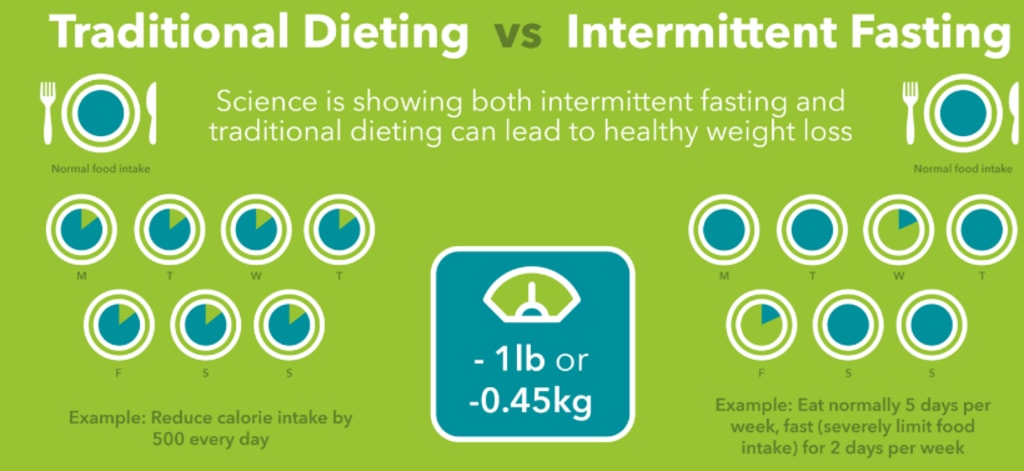"Intermittent Fasting: A Journey to Optimal Living"
"Personal Stories of Transformation"

What if I told you that the idea of breakfast being the most crucial meal of the day is incorrect? What if I said that what you eat matters more than what you eat?
Many of the nutritional advice we grew up with may now be outdated, like constantly snacking throughout the day or having multiple meals. In the next few minutes, I want to share what I believe is a truly transformative concept for health and aging.
In my two decades as a nurse practitioner and functional nutritionist, I've witnessed significant changes in health trends—rising rates of obesity, diabetes, and heart disease, many of which are preventable. The food choices we make profoundly impact our health, more than many of us realize. Back in my training days, the prevailing wisdom was "exercise more, eat less," but I've found this approach ineffective for most of my female patients.
I don't accept the notion that weight gain is inevitable with age for women. How we eat has evolved drastically from when most Americans had three square meals and no snacks. Nowadays, many people eat three meals a day plus snacks, which, frankly, isn't ideal. Constant eating strains our pancreas and digestion, hindering proper nutrient absorption.
Meal timing plays a crucial role here. The debate between being a sugar burner versus a fat burner is significant. Sugar burners rely on carbs and glucose, which spikes insulin, leading to hunger swings, energy crashes, and difficulty losing weight due to high insulin levels. On the other hand, fat burners use stored fat for energy, enjoy sustained energy levels, and generally find it easier to maintain a healthy weight.
One strategy I find particularly effective with my female patients is intermittent fasting. It's not just about weight loss—it can enhance mental clarity, improve hormone balance, and even slow down aging. And it's accessible to everyone—it's free, flexible, and straightforward.
Of course, intermittent fasting isn't suitable for everyone. Those with certain health conditions or a history of eating disorders should approach it cautiously. But for many women, it's been a game-changer in reclaiming their health and vitality.
When it comes to breaking your fast, focus on real, whole foods—quality protein, healthy fats, and unprocessed carbohydrates. Avoid sugars and excessive alcohol, and stay well-hydrated. Starting intermittent fasting can be gradual, allowing your body to adjust slowly.
This isn't a quick fix or a fad—it's a sustainable approach to lifelong health that I'm passionate about sharing with everyone.
About the Creator
Joseph Villarito Canete
I am the architect of my imagination, constructing worlds with mere words and sculpting the human experience through the artful manipulation of language.
Enjoyed the story? Support the Creator.
Subscribe for free to receive all their stories in your feed. You could also pledge your support or give them a one-off tip, letting them know you appreciate their work.






Comments
There are no comments for this story
Be the first to respond and start the conversation.